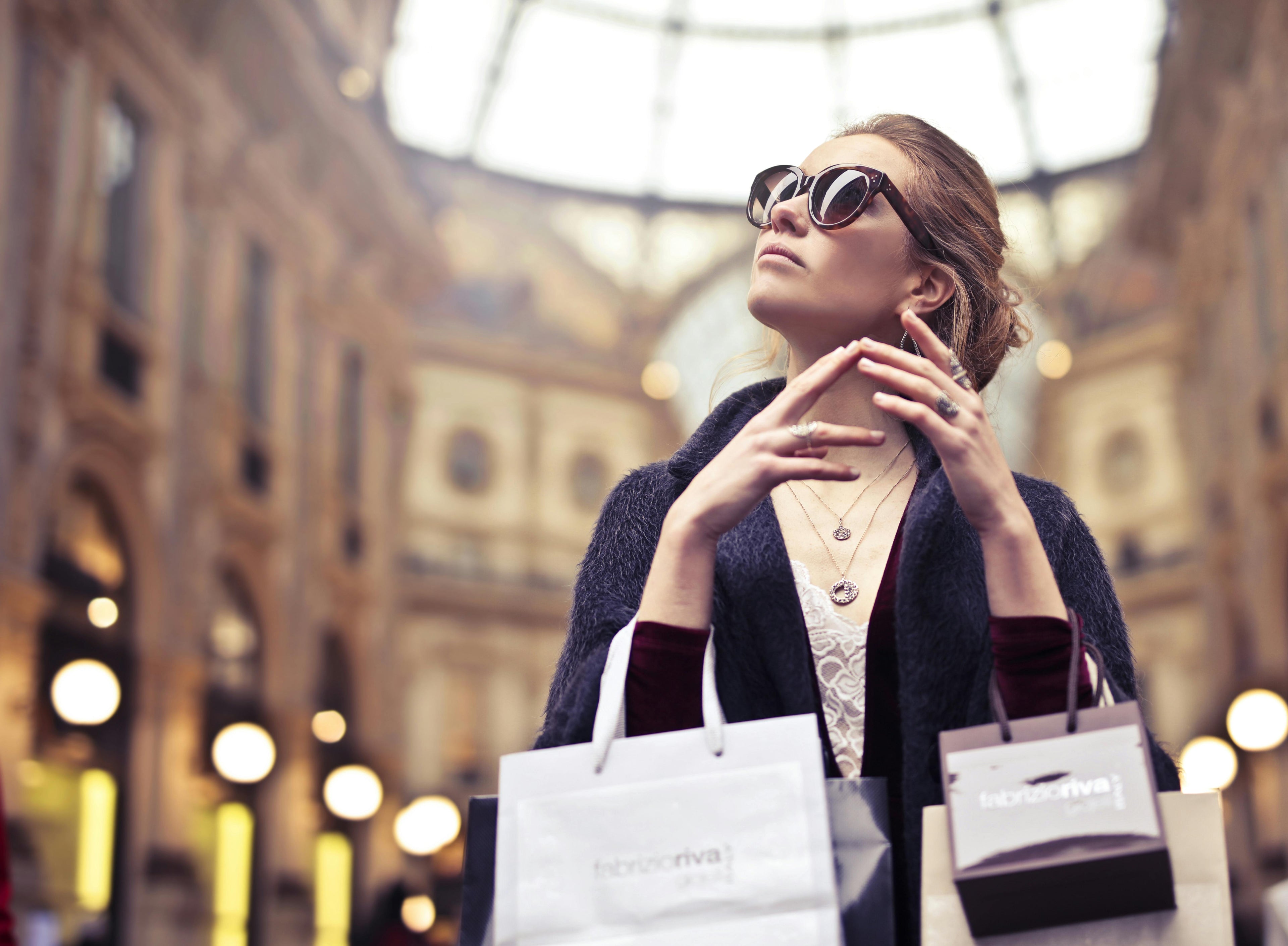Luxury, often perceived as an outward sign of wealth or status, can play a much deeper and more intimate role: that of nurturing self-esteem and strengthening personal confidence. But the effect depends largely on the motivation that leads to this desire for luxury. Research, notably the study by Yann Truong and Rod McColl, reveals that there is a fundamental distinction between luxury purchases motivated by intrinsic reasons (personal pleasure, quality, comfort, inner meaning) and those motivated by extrinsic reasons (social recognition, demonstration, status): the former generates a stronger link with self-esteem.
When a luxury product is chosen primarily for its superior quality and the feeling of pleasure it provides to the user himself and not only for what it shows to others, then the act of purchasing becomes a means of rewarding oneself, of valuing oneself, of recognizing oneself: "I deserve this care, this refinement, this special attention." Truong & McColl show that consumers whose motivations are more intrinsic present a stronger association between self-esteem and "self-directed pleasure."
In other words, owning a luxury item is not just an outward demonstration; it is also a message to oneself: "I am worthy of this, I choose the best for myself, I value myself, I deserve a certain quality." This inner message can build confidence not because it impresses others, but because it confirms what the person believes they are or can be.
However, when luxury purchasing is primarily motivated by the desire to be seen, recognized, or admired, or by the desire to surpass others in status, the results can become more ambivalent. The use of luxury in this case can lead to excessive social comparisons, frustrations, and even feelings of inadequacy if the desired effect is not fully achieved. Research shows that this phenomenon is reinforced in certain cultural or generational contexts, where the level of self-esteem significantly influences luxury purchasing decisions for both personal satisfaction and social recognition.
More recent studies also confirm a shift in motivations towards the self in several emerging markets: luxury consumers are increasingly driven by the desire for personal growth, meaningful experience, and meaning rather than simply demonstrating wealth.
This perspective has clear implications for luxury brands that want not only to seduce, but also to transform. It is no longer enough to offer a beautiful object: you have to tell a story, offer an experience, make people feel that the object was designed for the person, that it recognizes their value, that it celebrates who they are or what they aspire to become. The product then becomes a psychological tool as much as a material object.
In conclusion, the impact of luxury on self-esteem and confidence is real, but moderated by motivation, authenticity, self-awareness, and how the product is integrated into personal identity. Well-designed luxury can become a lever for profound empowerment, provided it remains aligned with who we are (or what we aspire to be), rather than simply a social display.
References
-
Truong, Y., & McColl, R. (2011). Intrinsic motivations, self-esteem and luxury goods consumption . Journal of Retailing & Consumer Services , 18(6), 555-561. doi:10.1016/j.jretconser.2011.08.004 ScienceDirect
-
“Intrinsic motivation of luxury consumers in an emerging market”, Journal of Retailing & Consumer Services . (2021). doi:10.1016/j.jretconser.2021.100578 ScienceDirect
-
Griskevicius, V., John, D.R., & Wang, J. (2021). Does the devil wear Prada? Luxury product experiences can affect prosocial behavior . International Journal of Research in Marketing . (Summary and impacts in the Carlson School article). Carlson School of Management +1
-
Wilcox, K., & al. The Influence of Luxury Consumption on Socially Valued Behavior . (Columbia Business School). Columbia Business School

